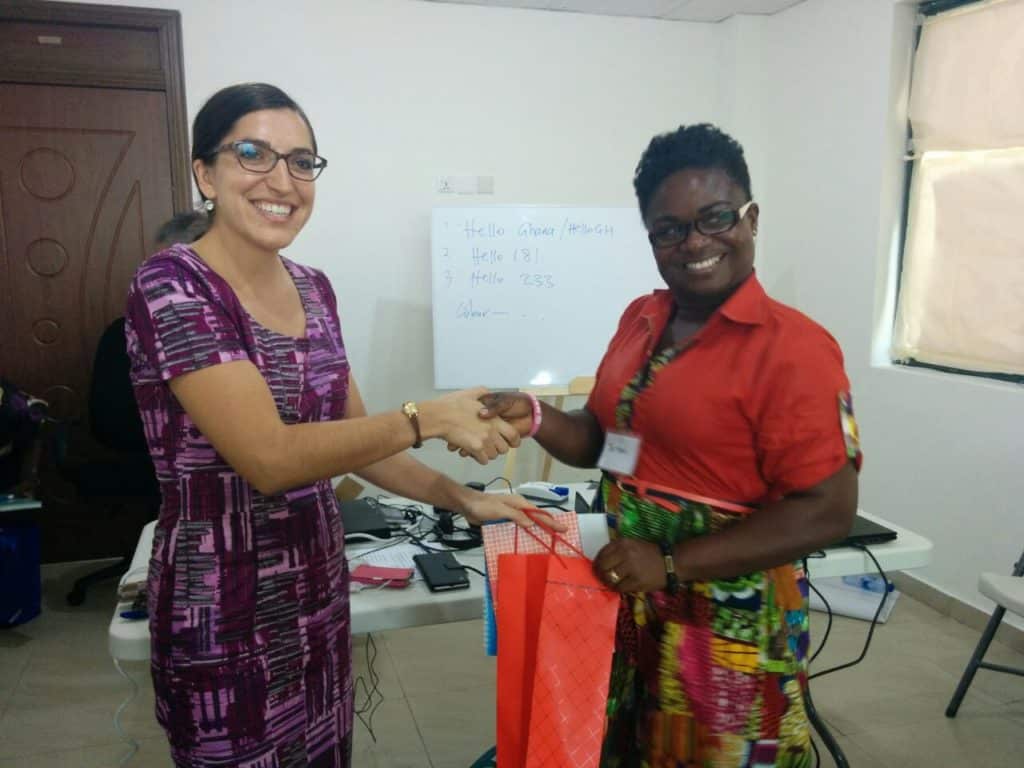The Situation
VOTO Mobile (now Viamo) is a social enterprise that integrates incoming and outgoing voice, SMS and analytics into one platform to facilitate mass mobile-based interactions. Organizations can send messages, build polls, and offer menu-driven call-in services to directly connect people to the information they need. The platform does not require prior technical knowledge or literacy skills and can be used in all languages.
Using this technology, VOTO Mobile was mid-implementation on two projects with UNICEF and the World Bank.
Development Priorities, funded by The World Bank and done in partnership with the Center for Global Development, was designed to poll citizens in the least developed countries to ask about their development priorities and then compare these responses with the priorities of international donors active in that country. Connecting international priorities with everyday realities, VOTO was polling 2,000 people in 8 countries with the intention of expanding to 40+ countries.
Hygiene Promotion, a UNICEF funded program that was done in partnership with Innovations for Poverty Action, sends weekly education messages about health and hygiene to 3,000 Ghanaians and uses a randomized controlled trial to measure the impact of this education campaign on recipients’ hygiene and health habits. If proven successful, the program would scale nationally.

The Roadblock
During the summer of 2014, VOTO experienced a security breach that shut down operations for two weeks and had serious emotional impacts on the staff. During the breach, robbers stole computers and heavy equipment, and assaulted staff members. Upon restarting operations, VOTO’s production rate was much slower as operating funds and personnel had been diverted to address the breach, replace equipment and deal with the emotional challenges. The depletion of operating funds and the delayed production affected program timelines so severely that both the World Bank and UNICEF projects were in jeopardy.
Open Road's Response
Open Road provided a $25,000 grant to VOTO Mobile to replenish depleted operating funds and jumpstart the slowed initiatives. VOTO used the grant to hire four consultants; two project managers and two technical staff. These four hires were able to keep VOTO’s World Bank and UNICEF projects on track.
By continuing the World Bank project, VOTO was able to successfully survey 8,000 people across Afghanistan, Zimbabwe, Mozambique and Ethiopia about their priorities for government and donors. While fewer than the number of respondents intended, the project still accomplished its qualitative objectives. Specifically, the survey results are being turned into a journal article that will influence how the World Bank and other donors view funding priorities in these four countries. Additionally, the survey findings are being used to create a new methodology for the World Bank to consult citizens before making investment decisions that are more inclusive of the poor. This methodology has already been written up in a peer reviewed Centre for Global Development paper.
The UNICEF project included 3,000 participants who were all Ghanaians from the northern regions, the lowest income regions. By keeping this project on track, VOTO was able to extend the UNICEF program into phase two and was given an additional project with a reach of 10 – 100x more Ghanaians on the topic of Ebola education and risk mitigating practices. This project is now in full swing and is serving over 750 callers per week through live call center agents and another 1,500 through an automated system.
Open Road’s grant helped VOTO complete both the UNICEF and World Bank projects. The reputation and initial results from these two projects helped VOTO design two new programs funded by USAID in which they will be a key implementing partner. The programs’ target health behavior change in Ghana and literacy education improvement in primary schools, reaching an expected total of 100,000 citizens. Further, VOTO is in negotiations with USAID to take the same surveys conducted on citizen priorities and adapt the idea in 12 other African countries.
To learn more visit: viamo.io


